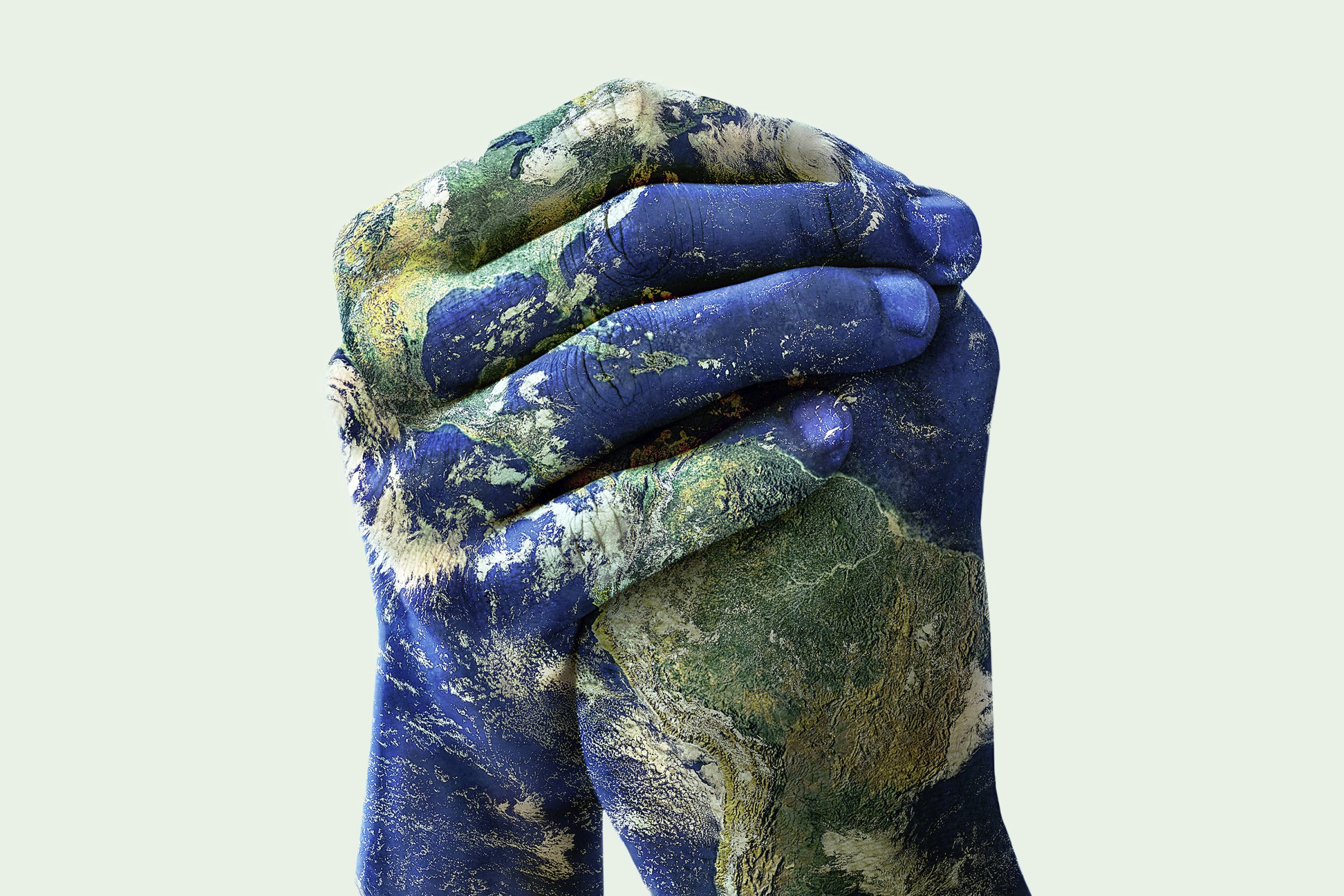
I grew up in Woodstock, Illinois, thousands of miles away from the searing images of extreme poverty, famine, disease and conflict that I constantly saw on the news during my youth. Like so many others, I was aware of the problems, but they weren’t in my backyard—and I didn’t know what I could do to contribute to change. I always cared about fighting the status quo, but it wasn’t until 2009, when I spent a year living in Cameroon, that I realized there were very serious systems of inequality and corruption that were keeping people trapped in poverty across the world.
The people I met faced enormous forces preventing them from lifting themselves out of poverty. After that year, I decided to commit my career to combating inequality.
While not everyone decides to make nonprofit work their career path, I think a lot of people want to play a meaningful role in changing the reality of women and girls in poverty. Here are a few things anyone can do to make a difference:
1. Pick an issue, and learn about it
Many people think about women’s and girls’ issues as inequality in a broad sense: You think about it in the fact that we’ve never had a female president, you think about it in the ways it affects your life on a day-to-day basis as a woman or girl in the U.S. But I think it’s important to know how big this issue is and how endemic it is. Almost 90% of countries in the world have at least one legal difference restricting women’s opportunities, according to the World Bank Group’s Women, Business and the Law 2016 report. The same report explains that some of these laws affect things like inheritance, employment, violence against women and a woman’s ability to own property. And there are other issues, like sanitation and access to education, that disproportionately affect women and girls. All of these issues are complicated, so pick one you are passionate about, and learn more by researching and reading articles.
Read more: Quiz: How Well Do You Know Your Trailblazing Women?
2. Buy responsibly
Learn about where your food and clothing are coming from. It’s about supply chains and ethical purchasing. Be conscious of where products are made and whether they are made using fair labor with fair labor practices. You can even try to find companies that are working on the ground to support women or that are working with charities targeting poverty.
3. Leverage your social-media networks
Social media is so powerful because it means you have a voice that is truly global. If a leader is restricting a woman’s right to own property, you can tweet at that person—even if they live far away. This may sound small, but when we all work together, these actions can effect huge change.
Read more: Melinda Gates: Poverty is Sexist
4. Pick up the phone
You can also pick up the phone and call your congressperson. It does work. I think sometimes we forget that, every time you call your local congressperson, that message will be conveyed to them and their staff.
5. Stay motivated
I am motivated because there is this inequality in the world that I want to see fixed, but I am more motivated by optimism and progress. Since 1990, the deaths of mothers and children worldwide have been cut in half, according to a UNICEF report. We have also halved the number of people in extreme poverty in the same span of time, according to stats from the United Nations. We are making critical progress, and it’s systematic progress.
Justine Lucas is global director of programs for Global Citizen, a community of people who want to learn about and take action on the world’s biggest challenges.
More Must-Reads from TIME
- Cybersecurity Experts Are Sounding the Alarm on DOGE
- Meet the 2025 Women of the Year
- The Harsh Truth About Disability Inclusion
- Why Do More Young Adults Have Cancer?
- Colman Domingo Leads With Radical Love
- How to Get Better at Doing Things Alone
- Michelle Zauner Stares Down the Darkness
Contact us at letters@time.com